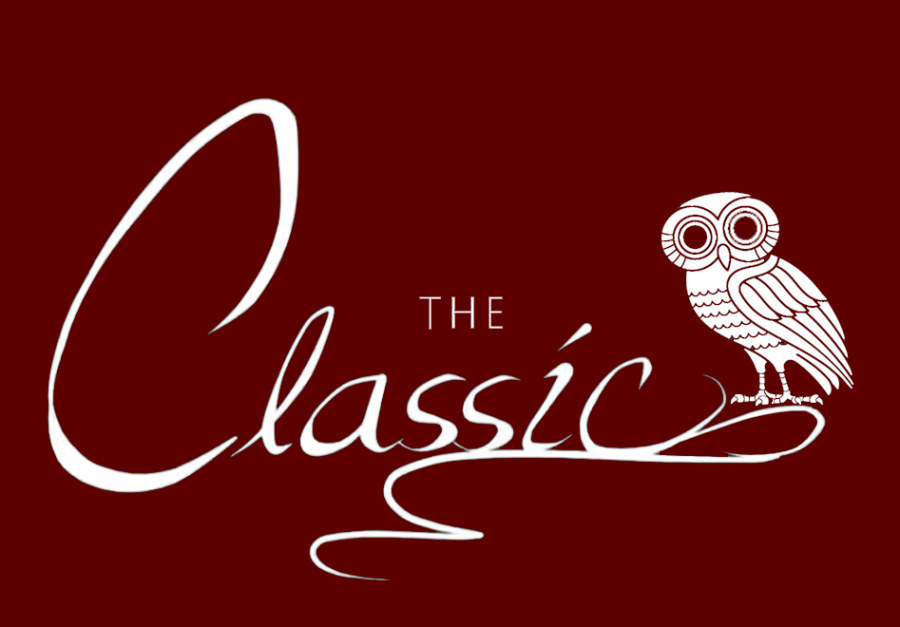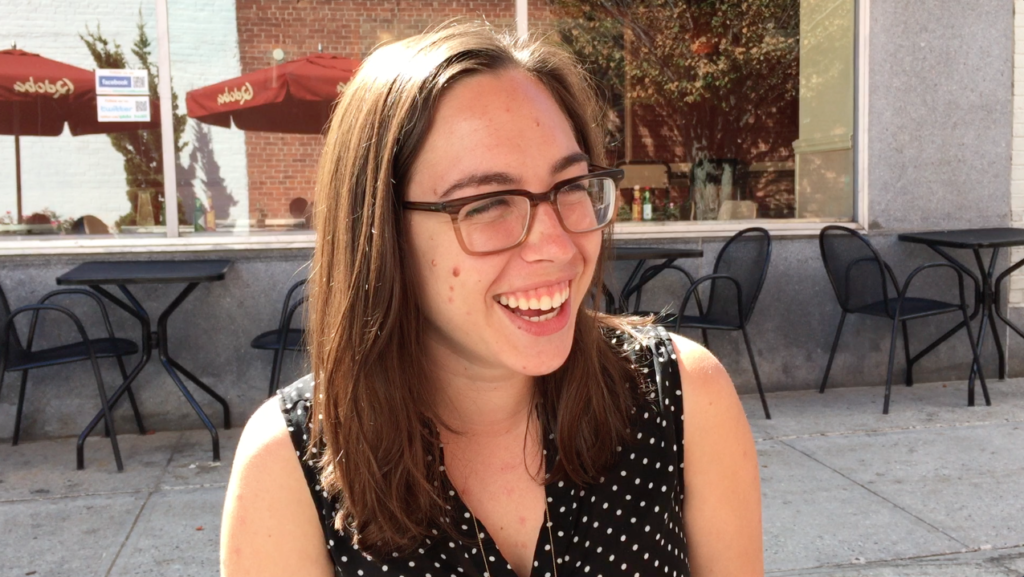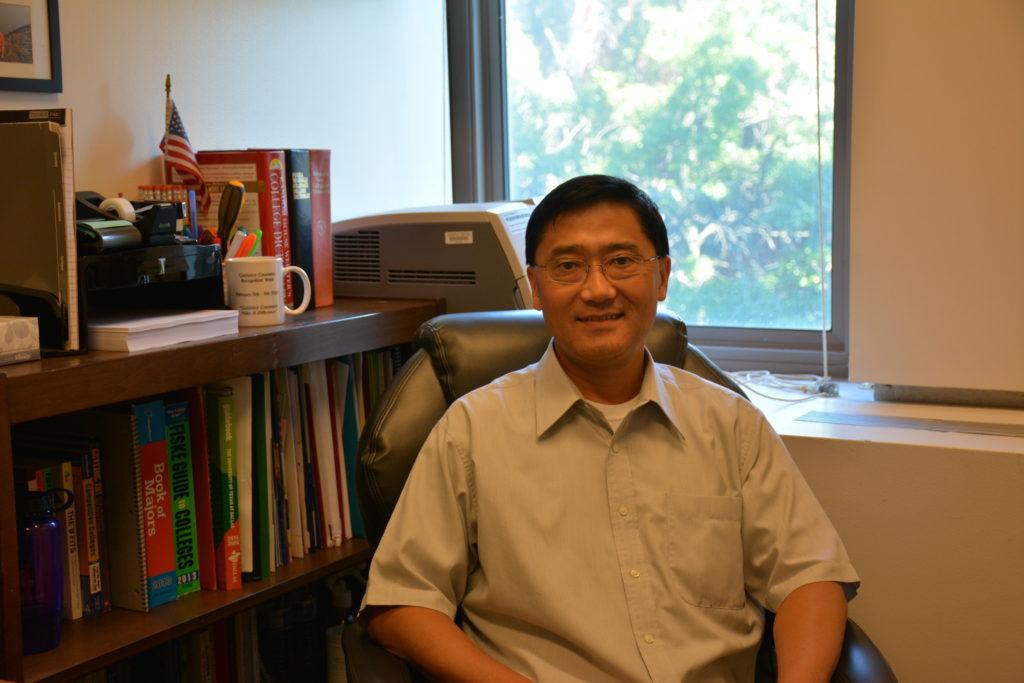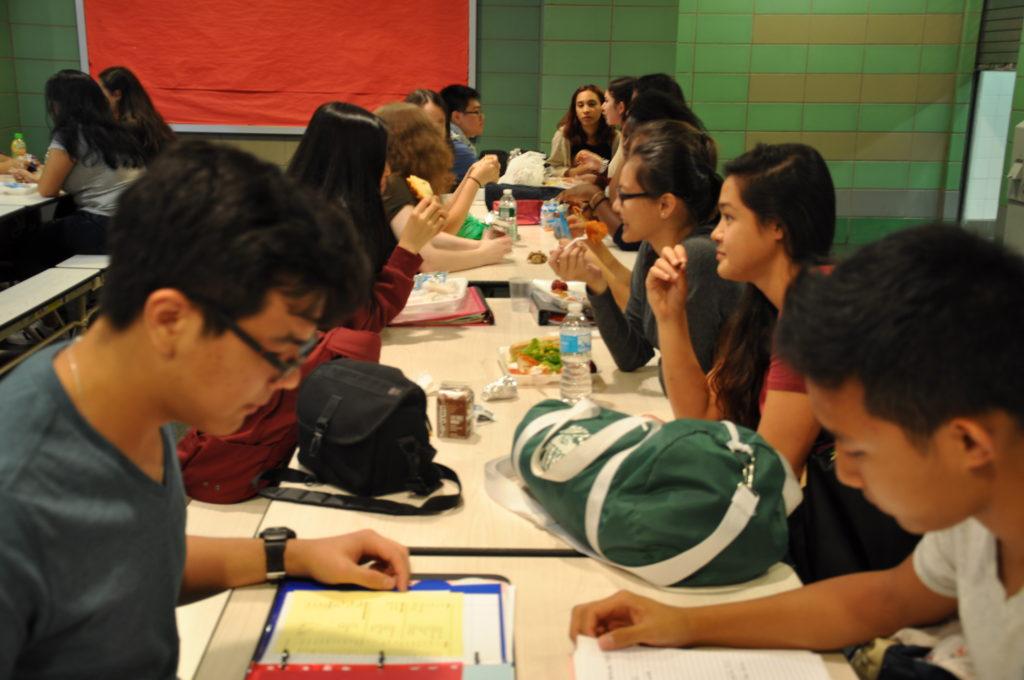
Every October, Harrisites bustle to get their community service hours in on time in order to qualify for ARISTA. In early November, acceptances are announced, and there is a ceremony inducting new members into the society and recognizing the dedication of old members. Parents and students come out to celebrate the community service and academic achievement of ARISTA members, but when the ceremony ends, we often forget the true purpose of being in this honor society.
With all of the formalities that come with induction, Townsend Harris students are led to believe that ARISTA recognition would be followed up with responsibilities similar to what qualified them as members in the first place. Yet, besides a title, the only rewards received are the pastries served at the end of the two-hour ceremony. Even more disappointing is the fact that ARISTA members rarely have meetings, much less engage in any kind of representative community service.
At other high schools, ARISTA members are compelled to demonstrate a group commitment to service. This usually entails representing the school at open houses and high school fairs, or helping a neighborhood nonprofit—anything servicing the school or the community at large. While there are Harrisites already doing this kind of volunteer work, it is mostly done to fulfill the yearly forty-hour requirement; groups like ARISTA are meant to build up a more authentic momentum for service.
Students may have joined the honor society believing that it would look good on a college application, but even this doesn’t add up to much. Anyone inducted into ARISTA already has an average above 90, along with at least 50 hours of community service under their belt. Colleges can see all of this in your application, so the only new addition is the fact that you were in an honor society. There is little sense in mentioning it on your resume if you did nothing as a result of your ARISTA membership. In fact, it may even take away from your application by bringing up confusion about the student’s priorities: “so what?” admissions officers might ask themselves–if there’s nothing to show for it.
Being a part of the ARISTA Executive Board hardly proves to be a worthwhile distinction either. With only a few responsibilities, these students are mainly in charge of the ceremony running smoothly, giving speeches that pat its members on the back. Richard Feynman, a Nobel Prize-winning physicist and child of the NYC public school system, shared a concern in a 1981 interview that we at The Classic agree with: “When I was in high school, one of the first honors I got was to be a member of the ARISTA…when I got into the ARISTA, I discovered that what they did in their meetings was to sit around to discuss who else was worthy to join this wonderful group that we are.” This self-centered praise of accomplishment borders on narcissism, something to be condemned among “comrades in the ranks.”
While ARISTA members certainly deserve credit for maintaining good grades and doing service, this society’s philosophy should be reinforced with an upkeep of values throughout the year. An event organized by the group, like a walk-a-thon or fundraiser, would do well in complementing our school’s already established Key Club or Leadership class. For what it’s worth, our fingers are crossed on ARISTA membership doing more to uphold and deliver on the promises made in the Ephebic Oath.































